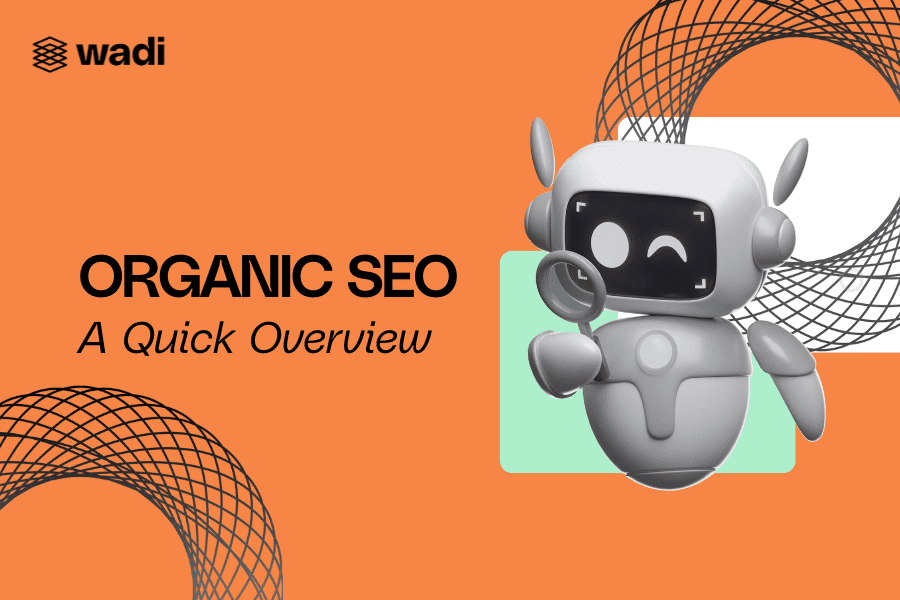Table of Contents
ToggleWhat You’ll Learn:
- The concept of competitive bidding in online advertising.
- The benefits and risks of bidding on competitors’ keywords.
- Best practices for effective and legal competitive bidding.
- Strategic tips for using Google Ads and Microsoft Ads for competitive bidding.
Online advertising can be an aggressive and cutthroat arena. Many businesses strive to get to the top rankings of Search Engine Result Pages (SERPs).
Google Ads and the Competitive Landscape
Online advertising can be an aggressive and cutthroat arena. Many businesses strive to get to the top rankings of Search Engine Result Pages (SERPs). Google runs an advertiser competition through an auction as a main factor to determine the most relevant ads to show to the searcher. There are businesses that choose to bid on their competitor’s keywords in order to increase their online visibility, utilizing competitors’ brand strength.
Understanding Competitive Bidding
Bidding on a competitor’s brand terms is a fairly common and accepted practice. Another word for it is competitive bidding. Google allows it and has set a list of advertising guidelines that cover this issue. It is legal as long as the business does not mention the other brand in the ad copy itself. Make sure you also refrain from using Dynamic Keyword Insertion (DKI) ads because it will place the search term in the ad, which is your competitors’ brand name – this will lead to you violating a competitor’s copyright and/or trademark.
Benefits of Bidding on Competitors’ Keywords
This approach works best for potential customers who are still searching for brands that provide solutions – at the information collection stage of the funnel. This is the awareness stage when people are searching for answers, resources, user feedback, research data, and other important insights. In marketing terms, this is called early funnel or the top of the funnel.
Consistent with other advanced advertising strategies, there are advantages and disadvantages of bidding on competitor’s keywords. Bidding on a competitor’s keywords incorrectly may have costly consequences.
Key Advantages
Cost Efficiency
Brand name keywords often cost much less. The reason behind this is because there is generally much lower competition when bidding on brand names versus generic keywords. This results in low CPCs (cost-per-click).
Brand Awareness
Improve your brand awareness. This is especially important for relatively new companies who want to introduce their brand to the industry. Prospective customers become aware of new brands when they advertise using their competitors’ keywords. This also gives new brands a chance to promote their products and services.
Riding on Established Brands
When an up-and-coming brand is contending for market share with a long-established brand, it can ride on the coattails of their more popular competitor, taking advantage of their branding and market success. The newer brand will now be more visible to potential new clients.
High-Quality Traffic
This is an effortless way to get high-quality traffic. Your ads will most likely show up in more relevant searches. Since a good number of clicks will be from users looking for a specific product or service provided by a direct competitor, there is high intention and conversion is a big possibility.
Strategic Tips for Bidding on Competitors’ Keywords
Choose Competitors Wisely
Choose competitors wisely, those that will only benefit the target brand. It is not a good idea to compete against everyone.
Highlight Unique Selling Points
The unique selling point and its competitive advantage should be included in the ad copy – this helps make you stand out against your competitors.
Respect Trademark Regulations
Make sure that trademark regulations are not violated.
Leveraging Competitive Bidding in Google Ads and Microsoft Ads
Competitive bidding is part and parcel of placing advertisements online. It is practiced in Google Ads and other search engines such as Microsoft Ads (formerly Bing Ads) and Yahoo. This strategy has its benefits and, when done correctly, may help the business gain valuable market share. However, this can be a double-edged sword. Companies should be mindful of guidelines and abide by them. Before going ahead with competitor keyword bidding, it is a good idea to consult with a Google Ads account manager or ad representatives of other search engines to ensure you are taking advantage of your competitors’ brands strategically and legally.
By understanding the nuances and potential pitfalls of competitive bidding, businesses can navigate this complex landscape effectively, ensuring that their online advertising strategies yield the best possible results.
Key Takeaways:
- Competitive bidding can enhance visibility and brand awareness, especially for new businesses.
- Bidding on competitors’ keywords can be cost-effective but requires careful management to avoid legal issues.
- Highlighting your unique selling points in ads is crucial for standing out.
- Always ensure compliance with advertising guidelines and consult with ad platform representatives when in doubt.
FAQs:
1. Is it legal to bid on competitors’ keywords?
Yes, it is legal to bid on competitors’ keywords in platforms like Google Ads and Microsoft Ads, as long as the competitor’s brand name is not used in the ad copy itself. It’s important to follow advertising guidelines to avoid trademark infringement.
2. How do I determine which competitors to target in my ads?
Select competitors that are directly relevant to your industry and whose audience you want to attract. It’s essential to consider factors such as market position, brand strength, and the likelihood of their audience being interested in your products or services.
3. What are the risks associated with competitive bidding?
Risks include potential legal issues if trademark guidelines are not followed, wasted ad spend if targeting is not properly managed, and the possibility of negative reactions from the targeted competitor’s customer base.
4. How can I measure the success of my competitive bidding strategy?
Success can be measured through various metrics, including click-through rates (CTR), conversion rates, cost-per-click (CPC), and return on ad spend (ROAS). It’s also important to track brand awareness and engagement metrics to gauge overall impact.






